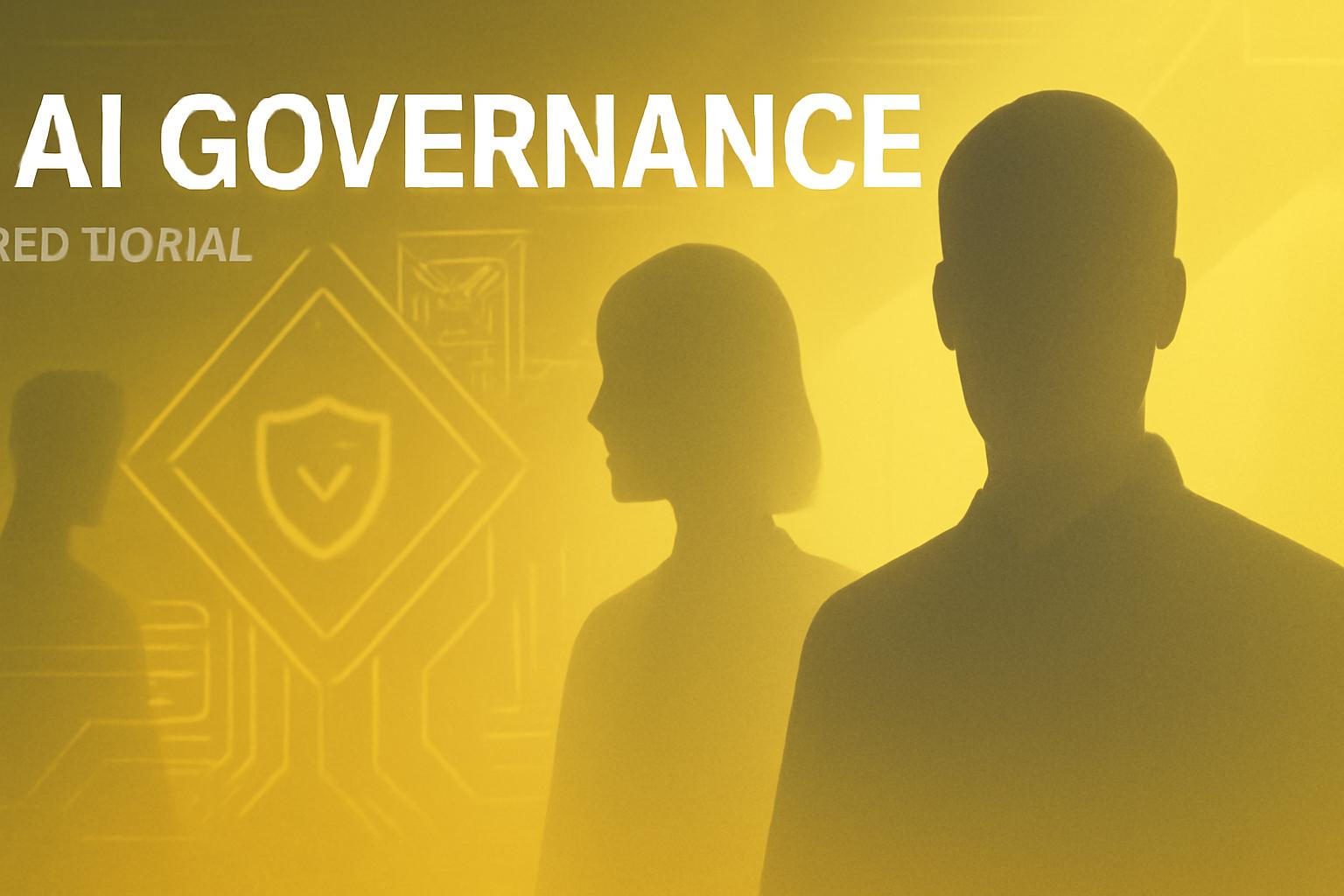Anthropic Endorses California’s SB 53, Advocating for AI Transparency and Safety
On Monday, AI research company Anthropic publicly endorsed California’s Senate Bill 53 (SB 53), a pioneering legislative effort introduced by Senator Scott Wiener that would impose unprecedented transparency and safety obligations on the world’s largest AI model developers. The endorsement marks a significant victory for the bill, which faces opposition from influential technology trade groups such as the Consumer Technology Association and the Chamber for Progress.
SB 53 would require major AI developers—including OpenAI, Anthropic, Google, and xAI—to establish safety frameworks and publish public safety and security reports before deploying powerful AI models. It also includes whistleblower protections for employees raising concerns about AI safety. The bill specifically targets “frontier AI” systems, defined by their potential to cause catastrophic risks, including events leading to 50 or more deaths or damages exceeding one billion dollars.
Focus on Extreme AI Risks and Regulatory Scope
Unlike broader AI legislation that addresses issues like misinformation or sycophantic behavior, SB 53 concentrates on mitigating extreme risks, such as AI assistance in creating biological weapons or enabling cyberattacks. The bill aims to prevent these high-impact scenarios by enforcing transparency and accountability on the largest AI operators.
California’s Senate has already approved a previous version of SB 53, but the bill awaits a final vote before it can be sent to Governor Gavin Newsom’s desk. The governor has not publicly commented on SB 53, though he vetoed a prior AI safety bill from Senator Wiener, SB 1047.
Industry Pushback and Federal Versus State Regulation Debate
SB 53 has encountered resistance from Silicon Valley and political actors concerned that state-level AI regulations could hinder U.S. competitiveness, particularly in the global race with China. Notably, investors from Andreessen Horowitz and Y Combinator opposed a predecessor bill, SB 1047. The Trump administration has also threatened to block state AI regulations, emphasizing a preference for federal oversight.
Critics argue that state regulations may violate the Commerce Clause of the U.S. Constitution by imposing rules beyond state borders. Matt Perault and Jai Ramaswamy of Andreessen Horowitz recently published a blog post highlighting these constitutional concerns and cautioning against fragmented state legislation.
Anthropic Advocates for Immediate Action Despite Federal Inaction
Anthropic co-founder Jack Clark acknowledged a preference for federal AI standards but emphasized the urgency of governance given rapid AI advancements. In a post on X, Clark described SB 53 as a robust blueprint for AI governance that cannot be ignored in the absence of federal measures.
OpenAI’s chief global affairs officer, Chris Lehane, urged Governor Newsom not to enact AI regulations that might drive startups out of California, though his letter did not specifically reference SB 53. Miles Brundage, OpenAI’s former head of policy research, criticized Lehane’s letter as misleading, noting that SB 53 targets only the largest AI companies with revenues exceeding $500 million.
Balanced Approach and Legislative Refinements
Policy experts view SB 53 as a more measured approach compared to earlier bills. Dean Ball, a senior fellow at the Foundation for American Innovation and former White House AI policy adviser, praised the bill’s respect for technical realities and legislative restraint, predicting a favorable chance for passage.
SB 53’s development was influenced by an expert panel convened by Governor Newsom, co-led by Stanford researcher Fei-Fei Li, aiming to provide informed guidance on AI regulation.
Most leading AI labs already maintain internal safety policies and publish safety reports; however, SB 53 seeks to codify these responsibilities into law with enforceable consequences for noncompliance. Critics had opposed a previous bill section mandating third-party audits, which was removed in September amendments to alleviate industry concerns about regulatory burdens.
Maxwell Zeff is a senior reporter at TechCrunch specializing in AI and technology policy.
FinOracleAI — Market View
Anthropic’s endorsement of SB 53 signals growing industry recognition of the need for AI governance, particularly for frontier AI systems with potentially catastrophic risks. The bill’s focus on transparency and safety frameworks may increase compliance costs for large AI developers but also provides regulatory clarity in an uncertain environment. However, continued opposition from influential industry groups and the unresolved federal versus state regulatory debate introduce risks of delayed implementation or legal challenges. Market participants should monitor the bill’s legislative progress and Governor Newsom’s stance, as well as any federal regulatory developments that could supersede state efforts.
Impact: neutral













